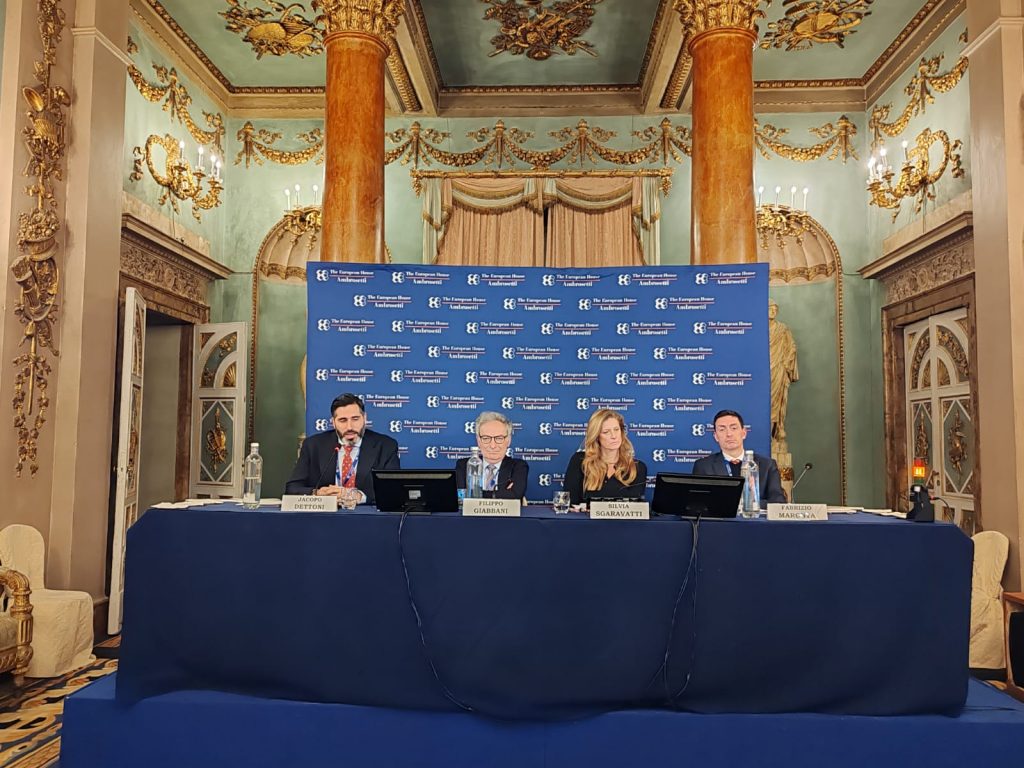With an above average gross national product per capita (+6.5%), year-on-year increases in manufacturing turnover and a labour force participation rate for women that skirts 70 per cent, Tuscany’s regional government announced its strategy to attract foreign direct investment today at the Invest in Tuscany annual meeting.

Immediate goals include a grant aimed at bringing new research activities to Tuscany and establishing new businesses. “We’re starting with five million euro of European funding, which could be raised to 10 million. It’s a gamble to have something extra to tempt new investors or to favour companies that already have a base here and which could add a research aspect to their operations,” explains Eugenio Giani, president of the Tuscany Region. “We are also studying other measures like abandoned industrial zones to encourage the opening of new businesses…as well as incentive packages for new businesses in terms of helping with set-up costs, research and development, and staff training.”
Nearly 3,000 multinational companies operate in Tuscany through local units, providing more than 80,000 people with jobs and contributing a share of 18 per cent (37.2 billion) of the region’s turnover. France, the US and the UK are where these multinationals are headquartered, a number that was on the rise between 2017 and 2023, despite the general uncertainty hanging over the global economy.
According to the Community Toscana 2024 report by The European House – Ambrosetti, 74% of the economic indicators analyzed in Tuscany compared to other Italian regions have displayed a positive variation in the last 12 months. Five strategic areas were taken into consideration to assess competitiveness: openness to external business (export, entrepreneurship and tourism); digital transition and innovation; labour market, training and education; energy and green transition; tangible and intangible infrastructure (linked to transportation and connectedness).
Tuscany exceeds the national average for the number of new businesses per capita, the use of renewable energy, net of hydroelectric (95.4% against the national average of 74.5%, making the region less reliant on fossil fuels) and exports (42.4% of the regional GDP against an average of 31.9% (+14.3% compared to 2021). Tuscany’s businesses still have a way to go in terms of online sales (still only 11.8%) and steps still need to be taken to improve the region’s railways, especially between its ports and the rest of the country.

“The analysis of Community Toscana 2024 brought out, also through discussions with the region’s business community, three macro action areas: firstly, the importance of aligning training to the new needs of the labour market, which is always accelerating on the technological front…” remarks Pio Parma, senior consultant, The European House – Ambrosetti and Community Toscana manager. “Secondly, opportunities to wean the economy off fossil fuels and lower energy costs can be derived from the green transition by encouraging investments in renewable sources and new technologies, like hydrogen. Lastly, companies require better connectivity at a regional level for the flow of goods, a strategic element alongside encouraging the digitalization of business models and processes.”
At the annual meeting, which was held at Palazzo Borghese in Florence, the advisory board of Invest in Tuscany was established. The regional panel aims to provide a institutional response to the needs of foreign companies already based in Tuscany or which intend to invest in Tuscany. “We are convinced that by working side by side, the Region will be able to accelerate new industrial projects and that it will be possible to map a Tuscan roadmap to innovation not only for big corporations but also and most importantly for the SME that are connected by consolidated supply chains,” comments Paolo Ruggeri, vice president of Baker Hughes – Nuovo Pignone.






